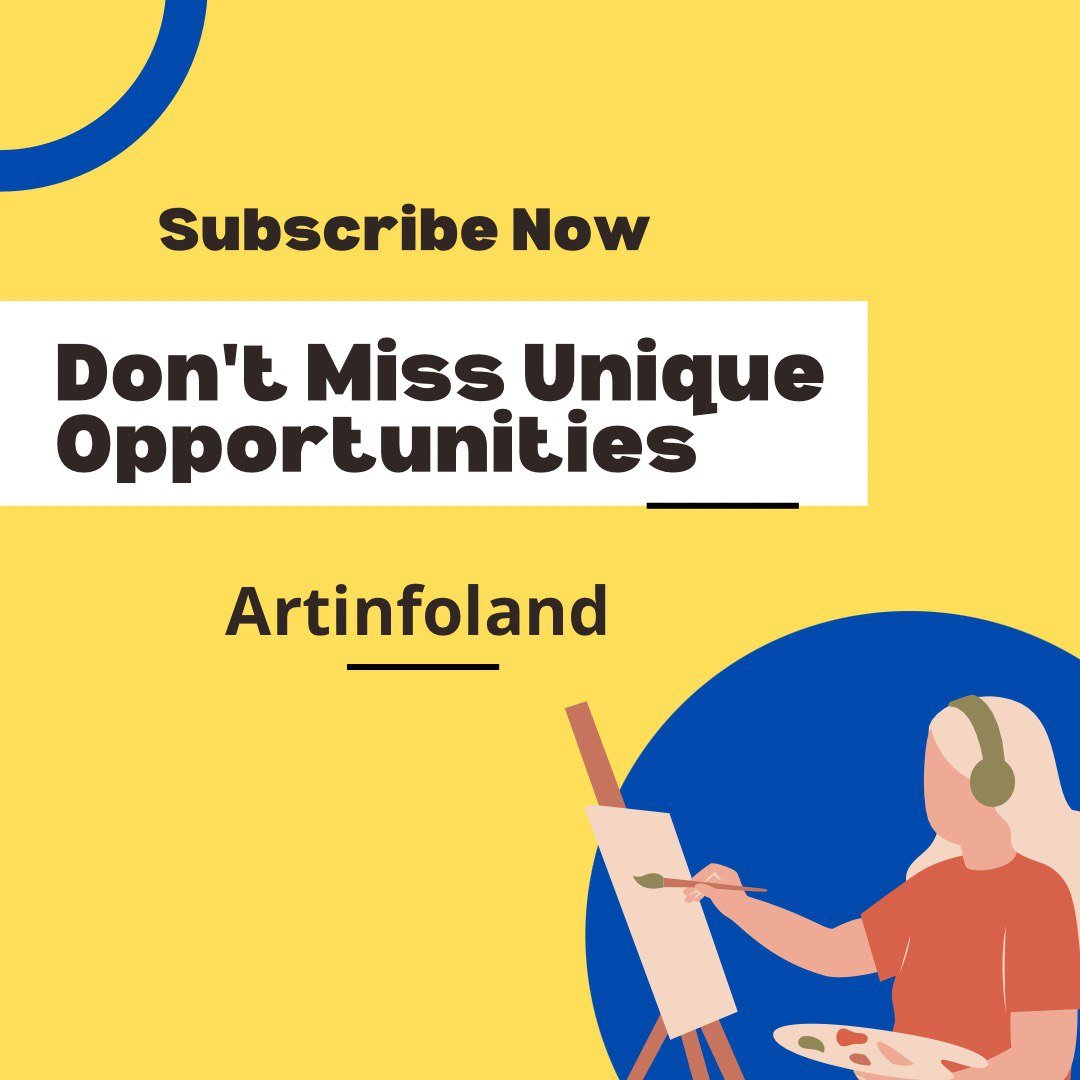Short Description
How do you meet a river on their own terms? How can you sense a rivers’ nature, their being? How to know a river? In the upcoming interdisciplinary lab ’Meeting A River’ we will collectively enter into a five-day contact zone with the Rhine River, exploring these questions and together developing new methods in the process.
The Rhine is the biggest river of the Netherlands, their waters flowing through and mixing with almost all Dutch water bodies. From a wet point of view, the Netherlands are soggy swaths of land between streams and flows fanning out into the North Sea. It’s not strange then, that much of the Dutch relationship with the river revolves around control, and survival. After all these years of conquering the river, dominating its direction, measuring its flow rates, and optimising it for extraction, an awareness pointing towards the inevitability and urgency of becoming together is growing, and that, in turn, demands that we come to know the river otherwise. Yet the tools currently available are developed from the outdated mindset, and working with them, despite good intentions, reproduces narratives of anthropocentrism. As Da Cunha & Mathur question in ‘Wetness is Everywhere‘: “Is it time for a new imagination—a hydrologic one—that says that we do not inhabit a surface but rather a ubiquitous wetness?“
Flowing from the long-term research programme ‘Hydroformations’ that investigates the Rhine as an entity in and of itself, and that focuses on developing artistic methods that enable the river to voice itself, this lab will explore the tensions and multiplicities present in the floodplains of Arnhem, across social, political and ecological factors. The floodplains of Arnhem are some of the oldest of the Netherlands, and so many human histories flow together here. From the earliest settlements and Rhine worshipping to the visible remnants of clay extraction and stone production, and from the “floodplain as nature reserve” experiments to the “floodplain as space for urban development” reality of today, the question arises: who is the Rhine, how did they present themselves throughout time, and can artistic engagement with them uncover their needs, wants, complaints and demands?
In this lab, we will be developing a personal relationship with the Rhine, specifically through their material, in situ presence and context. Together we will be exploring the floodplains, the archives, exchange tools and methods, utilising mediation in service of representation. With Platform POST as our basecamp, we will meander through the city of Arnhem and listen, gather, collect, experiment, make offerings, design rituals, and let the materiality of place speak back to us. On the last day, the lab closes with an open invitation to the public, and ourselves, to share findings and hopefully, an act of reciprocity towards the Rhine.
Eligibility
An open, respectful attitude, a practice already dealing with watery relations and philosophy in some shape or form, a willingness to openly share tools and methods, presence on location during all lab days, and permission to publish documentation of the process on the Hydroformations platform to be launched later this year. Having a basic understanding of Dutch is useful.
How to Apply
Online Application
Program Benefits & Awards
A dynamic five-day programme including invited speakers, fieldwork and excursions, learning new tools and methods, and the opportunity to build on newly formed relationships and projects in the near future as part of the currently establishing Hydroformations network.
The lab is an open invitation to learn, research, and create; no claim will be made on what results will arise from the process. On the contrary, it is the hope that the lab will foster new connections, collaborations, and valuable insights into this rapidly changing, intensive ecosystem of the Rhine’s wet relations, and that its outcomes will meander freely through time and place.
Participation is covered as Mondriaan Fund generously supports the programme. There is a small access fund available for participants who would otherwise not be able to join the lab. This can contribute towards travel or accommodation costs. Lunch is bring your own, but we will have some basic groceries.
Entry Fee
None
Location
POST, Arnhem, Netherlands
Timeline
- Applicaition Deadline: 15 August 2025
